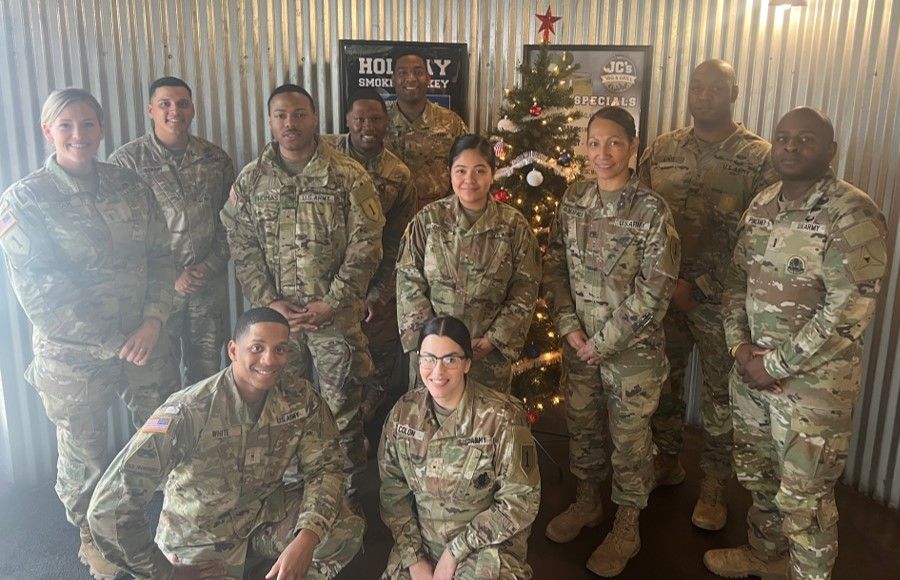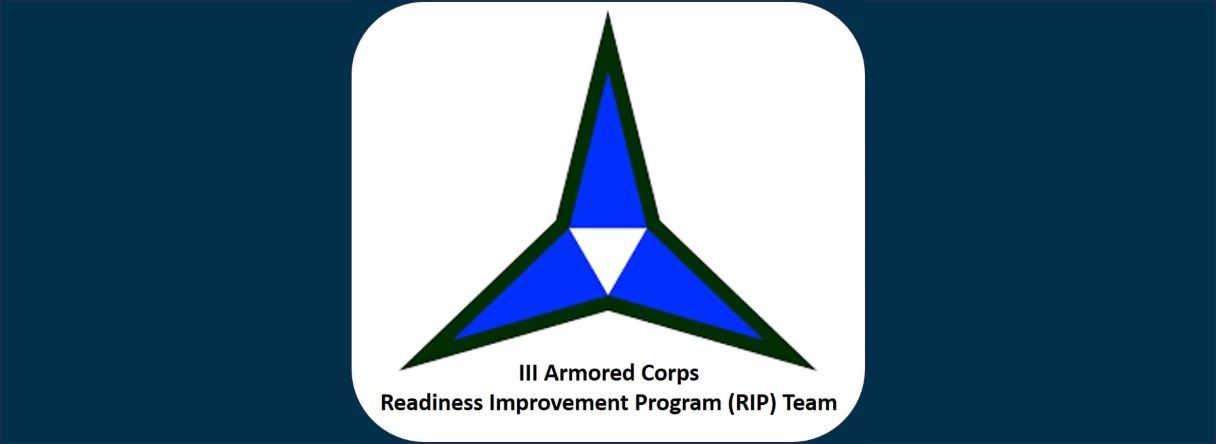By CW4 Alexander (Alex) Pinckney, Sr., WO Readiness, III Armored Corps G-1
In a recent mission conducted from December 11-14, 2023, the III Armored Corps Readiness Improvement Program (RIP) Team provided crucial support to the 1st Infantry Division, specifically to units 1/1 ABCT and 2/1 ABCT. The primary focus of this mission was to elevate personnel readiness through a strategic combination of assisted assessments and the optimization of personnel, medical, and legal processes.
The mission’s key tasks included comprehensive personnel assessments, reviews of Soldier Readiness Processing (SRP) packet efficiency, and the application of predictive analysis. The team also conducted thorough medical, legal, and retention assessments. The overarching goal was to streamline processes that enable the prediction and swift addressing of deployability issues. This involved effectively deploying stabilization levers within the operational training window to maximize personnel readiness.
The mission’s approach was multifaceted, beginning with personnel assessments that delved into individual readiness levels. SRP packet efficiency reviews aimed to enhance the overall effectiveness of readiness documentation. Predictive analysis played a crucial role, providing insights into potential deployability issues before they could escalate.
Furthermore, the RIP Team conducted detailed medical assessments to optimize the processing of medical non-deployables. This included a specialized surgeon representative who contributed expertise in handling medical evaluations, review of profiles, and related medical readiness factors. Simultaneously, a legal representative focused on legal non-deployable processing, including reviews of chapters and flags.
Retention assessments were also part of the comprehensive approach, ensuring that the team addressed factors influencing the retention of personnel effectively. By tackling these assessments in unison, the RIP Team sought to create a holistic strategy for improving overall personnel readiness.
The mission’s ultimate objective was clear - to predict deployability issues early and employ stabilization levers strategically within the operational training window. This approach aimed to maximize personnel readiness while optimizing the handling of non-deployables, thereby improving personnel readiness efficiency across the board.
In summary, the III Armored Corps RIP Team’s mission at Fort Riley showcased a commitment to enhancing the Army’s personnel readiness capabilities. Through meticulous assessments and targeted optimizations, the team demonstrated a strategic approach to predicting, addressing, and mitigating deployability issues. The result is a more prepared and efficient force ready to meet the challenges of the operational environment.

